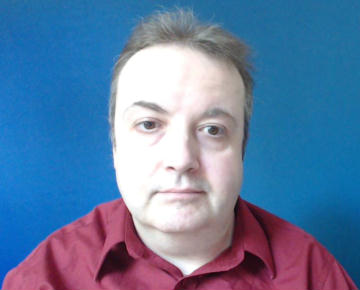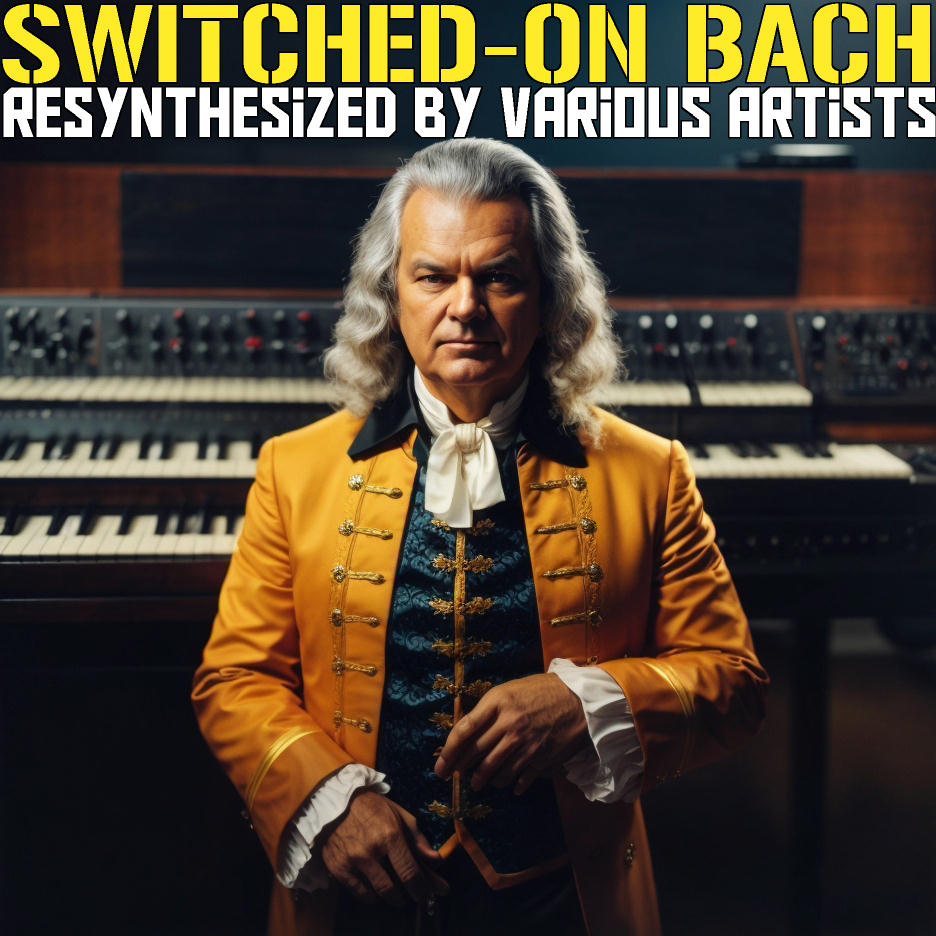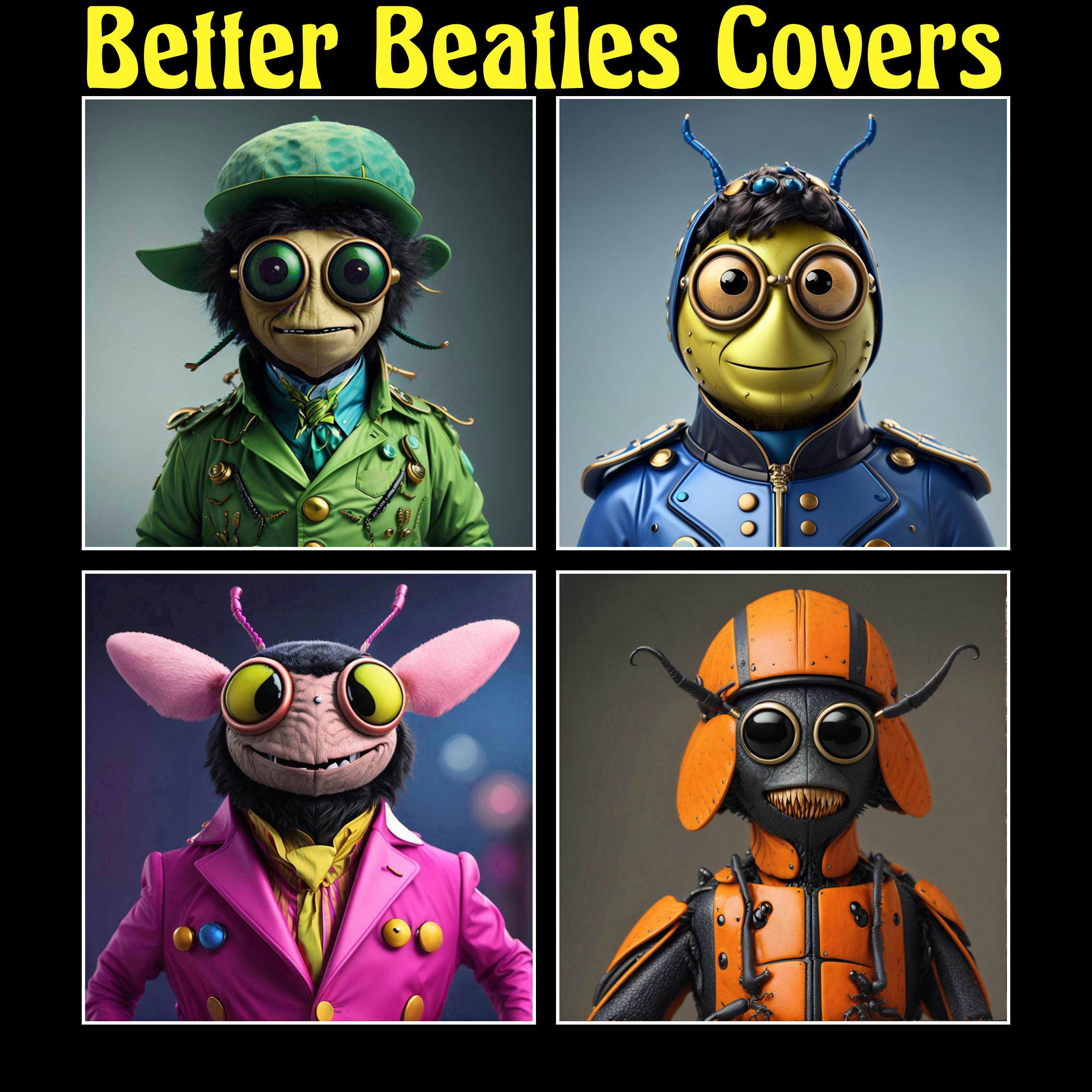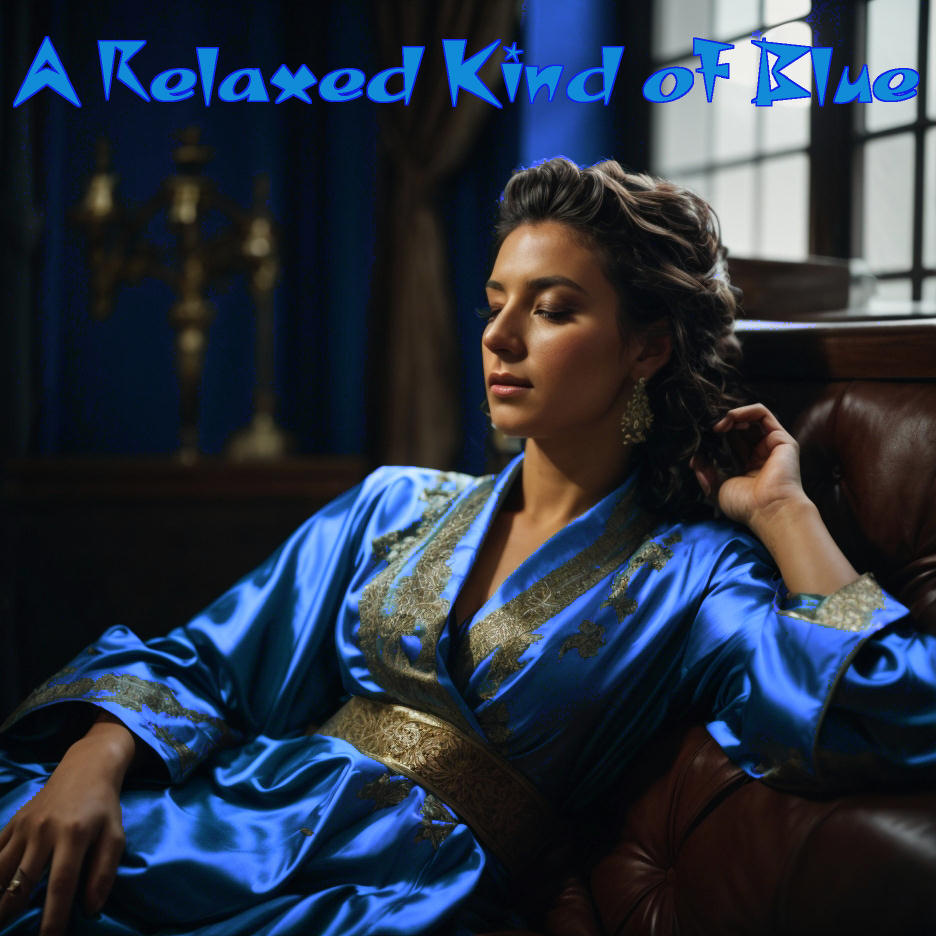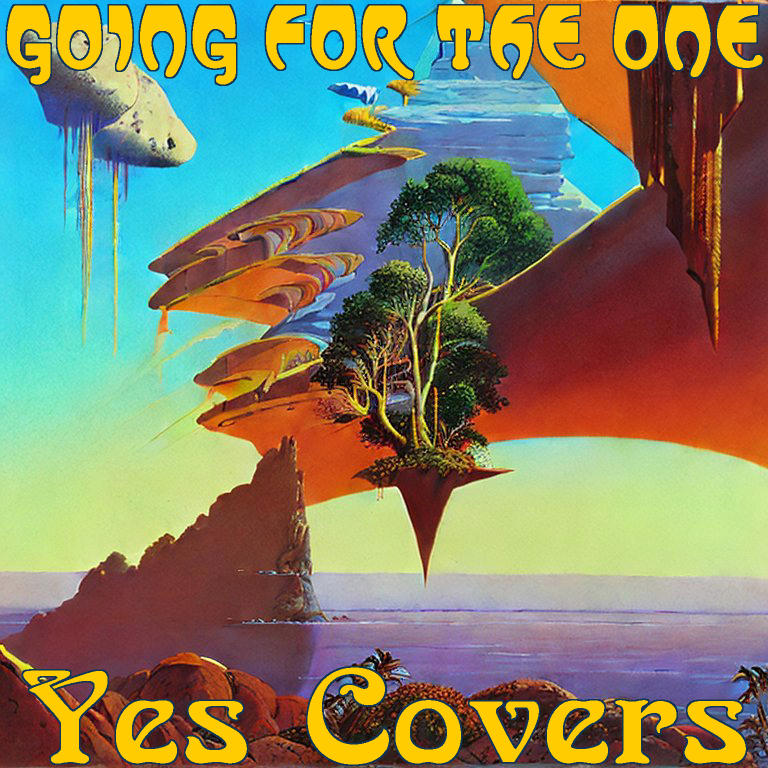My Hobbies
Chess Variants
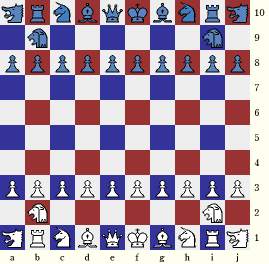
Chess variants are games that are related to, similar to, or inspired by Chess. There are many, many Chess-like games besides Chess itself, and I have the hobby of playing them. Chess variants interest me more than Chess, because I appreciate the variety, I'm not especially interested in competitive Chess, and I'm more interested in the intellectual challenge of playing such games than I am in the amount of memorization it takes to master Chess these days.
My interest in Chess variants began with John Gollon's book Chess Variations, but it remained a passing interest until about 1998. I had gotten my first Windows PC in 1997, and within a year I had come across computer programs for playing some Chess variants, particularly Xiang Qi and Shogi. Not long after, I began visiting The Chess Variant Pages and learned of a new program called Zillions-of-Games, which would let users program and play their own Chess variants against the computer. With this program, I began designing and programming my own Chess Variants. In 1999, I learned I lived in the same city as one of the people running The Chess Variant Pages. We became friends, and I became an editor for the site. Before moving away, I started working on PHP scripts for playing Chess variants by online correspondence. These became what I now call Game Courier, which now lets users program the rules of games using a language I wrote called GAME Code. In late 2015, I began to run the Chess Variant Pages myself.
- Chess variants I've invented
- My Zillions-of-Games author profile
- Games I've programmed for Zillions-of-Games
- Games I've programmed for Game Courier
Computer Programming
I have been into computer programming since I discovered an Apple ][ in the Children's Room of the public library around 1980. I initially learned BASIC on the Apple ][, the TRS-80, the Commodore Vic 20, and the Commodore 128. Although I had initially intended to study programming in college, I naively thought I would become a writer and went into English. I then got interested in Philosophy and got my degree in that. When I switched from English to Philosophy, my logic courses no longer counted toward the formal systems of thought requirement, and I took a course on the Pascal programming language to fulfill it. This course was very important, because it introduced me to structured programming. After college, I programmed a real-time synthesizer for the 128 in both BASIC and machine language, but the platform went obsolete before I even had an opportunity to publish the code. I later got an Amiga and started using Unix machines in graduate school. During that time, I taught myself C, and I picked up Lisp while using Emacs. Using C, I wrote a spelling checker called AlphaSpell, and I wrote a personality indicator called the DDLI. After I was doing websites for a while, I started doing some web scripting in Perl and later in PHP. In 1998, a program called Zillions-of-Games came out, and this program would play strategy board games, including Chess variants, that were programmed in a scripting language similar to Lisp. I started programming Chess variants with it. Because it wasn't ideal for correspondence play, I later started coding what became Game Courier, a server for playing Chess variants by online correspondence. I wrote this in PHP, and I eventually designed a programming language for it, known as GAME Code. I could safely let visitors to the Chess Variant Pages program in GAME Code, because it lacked file I/O, which would be needed for spreading viruses or for hacking the site. Game Courier has since been my main programming project. I have also written lots of other code used on the Chess Variant Pages.
My Tastes in Media
Music
I am into a wide variety of music, including classical, jazz, new age, rock (particularly progressive rock), foreign language pop (particularly Japanese, Korean and Russian), female singers, electronic music, crossover genres, and more.
- Spotify - My Spotify profile includes several playlists I've made. These include recreations of favorite albums, such as Kind of Blue, Switched-On Bach, some Yes albums, and others.
- My Spotify Playlists - Besides just making playlists, I create cover art for them and write liner notes. On this Pinterest board, you can view the cover art at a larger size and read the liner notes.
- Last.fm - Find out what I've been listening to for the past several years.
- Last.fm album stack - Independent website that uses my last.fm data to show the albums I've listened to recently.
- Bandcamp - Music I have bought from the artists.
Television & Movies
I'll lump these together, because they are both forms of audio-visual storytelling, and some of the sites I use to track my viewing track both television and movies. I generally prefer television over movies, because it tends to tell longer, more fleshed-out stories in shorter segments. My favorite genres include fantasy, science fiction, horror, superhero, comedy, espionage, mystery, teen drama, historical fiction, and documentaries. I also watch Asian dramas and anime.
- My SIMKL Profile - A site for tracking nearly everything I watch, both movies and programs, from east and west.
- My IMDB Profile - My ratings and reviews of movies and TV shows. I stopped updating this regularly after I began using SIMKL.
- My Drama List - A site where I keep track of my Asian dramas and movies. This is mostly Korean but also Chinese, Taiwanese and Japanese.
- AniList - The main site where I keep track of my anime. I keep notes on my anime here.
- My Anime List - Another site I use to keep track of my anime. I use it for its popularity, but I like AniList better.
Reading
I have been around books my whole life, thanks largely to growing up in a bookstore run by my parents. Since I can't easily hold a book open with one hand, I took to reading comic books at a young age. I could more easily read a comic book when I ate, because I could lie it flat on the table without holding it open myself. I was mainly into DC and Marvel titles, though I sometimes read other publishers like Archie, Harvey, Dell, and Charlton. In the 80s, I got into some titles from First and Eclipse. But with the rising cost of comic books and the reluctance of comic book shops to run subscription services, I eventually quit buying them.
I started college as an English major and read lots of classic literature in my English courses. But I eventually went into Philosophy instead, which involved reading classic literature of its own. While I have read many books, I cut back on reading physical books once I got my first ereader. I found an ereader more convenient than physical books, and by propping it up on the treadmill and exercise bike, I could even use it to read books while exercising. My main ereader these days is a Kindle Touch, and I have also begun using the older Kindle DX Graphite for its larger screen. I have bought several Kindle books, and it is the main way I read books these days. I'll use an iPad for manga, but I generally don't like using tablets with LCD displays for reading books.
In non-fiction, I like to read books in science, history, philosophy, religion, psychology, and self-help. For fiction, I mainly read science fiction and fantasy.
- goodreads - Mostly my Kindle books and other titles Amazon somehow knows about. This mainly gets updated through my Kindle activity, and it is not that reliable. It sometimes misses books I've read, lists books I haven't yet finished as read, and lists some books I've never heard of as books I want to read.
- LibraryThing - Mainly my physical books and my read books, but not many unread Kindle books. This is the list I update manually, and it accurately reports what I've finished reading in recent years. Its records of what I read prior to 2011 are more spotty, as that is based on memory and doesn't record accurate dates.
- Manga List on AniList - Japanese comic books I'm reading or have read on my Likebook Mars or iPad.
My Ethnicity
Am I Irish?
I'm not quite as Irish as my name would suggest. I am actually a white American of mixed European descent, mostly from the British Isles and some other areas in northwestern Europe. Out of the belief that his surname was Irish and a romantic fixation on Irish identity, my father gave his children Irish names. I got the more distinctly Irish name. My first name appears in Irish legends and the poetry of Yeats, and my middle name belongs to the patron saint of Ireland. My surname does seem to be a variation of O'Donoghue, which is an Irish surname with many variations. Also, analysis of my Y chromosome by 23andMe indicates that my paternal line is likely from Scotland or northern Ireland. This fits with my father's belief that our line goes back to County Cavin, which is part of Ulster, though still inside Ireland rather than the UK.
My mother's maiden name may be an Anglicized German one. One grandmother may have an Anglicized Dutch name, and the other has a Scottish one. Among my great grandmothers, there are a couple French names, an English name, and one that might be an Anglicized German name. Among my great great grandmothers, there are some English names, a couple Irish names, another French name, and another repetition of the same possibly Anglicized German name. Most of the lines in my family tree terminate before reaching back to Europe, but based on the names that are there, it looks like I'm English, Irish, Scottish, French, German, and Dutch.
Instead of just relying on an incomplete family tree, I have had my DNA analyzed by both Ancestry.com and 23andMe.com, and I've also uploaded it to MyHeritage.com, genomelink.io, and Mytrueancestry.com. For the most part, they support what I have gathered from my family tree, but they support some details better than others, and they include some new details but don't all agree on what these details are. The differences between their results are mainly due to differences in data, algorithms, and the level of detail provided. Details follow:
Ancestry.com
According to Ancestry.com, my ethnicity estimate is:
| Scotland | 37% |
|---|---|
| England & Northwestern Europe | 30% |
| Germanic Europe | 21% |
| Ireland | 6% |
| Denmark | 4% |
| France | 2% |
Compared to what it was previously, Scotland and England & Northwestern European both dropped, Germanic Europe shot up, Ireland rose slightly, Sweden & Denmark became Denmark and dropped slightly, and France replaced Wales.
| Scotland | 45% |
|---|---|
| England & Northwestern Europe | 38% |
| Sweden & Denmark | 5% |
| Ireland | 5% |
| Wales | 4% |
| Germanic Europe | 3% |
- Before that, its previous estimate was 41% England & Northwestern Europe, 37% Scotland, 8% Germanic Europe, 8% Ireland, 3% Sweden & Denmark, and 3% Wales. It did not break things down any further than this.
- 99.4% European
- 97.8% Northwestern European
- 71.0% British & Irish
- Highly likely match for Britain
- Likely match for Ireland
- 21.6% French & German
- Likely match for France
- Possible match for Switzerland
- 5.2% Broadly NW European
- 0.9% Southern European
- 0.7% Spanish & Portuguese
- 0.2% Broadly Southern European
- 0.7% Broadly European
- 0.6% Western Asian & North African
- 0.6% Northwest Asian
- 0.6% Anatolian
Besides giving me a breakdown of my European ethnicity, Ancestry.com also identifies three DNA communities for me in America. The first one it lists is Arkansas, Oklahoma, and Texas Settlers. This is correct. Both of my paternal grandparents are from Texas, and both Oklahoma and Arkansas come up as locations where my paternal ancestors lived. The second one it lists is Southwestern Quebec, New York, and Vermont French settlers. This is also correct. My mother's family is from southern Quebec and upstate New York, and it specifically mentions the Champlain Valley, which is where I live. Note that the first and second used to be reversed. The third one is Southern Midwest States. This mainly covers western portions of Kentucky and Tennesee. This is also correct, since my oldest known ancestor in my direct paternal line was born in Kentucky, and his wife was born in Tennesee. I know I share DNA with each of them, because I have his Y chromosome, and I have a DNA match with someone who is descended from her through a previous husband of hers.
23andMe
According to 23andMe, my ancestry composition breaks down like this:
Looking at where my relatives on 23andMe live, most of them live in the United States, and in descending order, some also in Canada, the United Kingdom, and Mexico.
MyHeritage.com
According to MyHeritage.com, I am 51.3% English, 28.6% Irish, Scottish and Welsh, 12.1% North and West European, 4.4% Italian, and 3.6% Finnish.
MyHeritage also identifies genetic groups for me in America. It has the highest confidence in Southern USA, which it describes as British and some German and Irish settlers in the United States. This seems accurate, given that my father's side is from the south. It has medium confidence in French settlers in the United States (Northern New York, Vermont, and Massachusetts) and in Canada (Quebec and Eastern Ontario). This seems accurate too, since my mother's side is mainly from northern New York and Quebec, and I know I have French ancestors. Its third group for me is USA, New Zealand, Australia, and Canada, which it associates with British, Irish, and German settlers in these areas. Since I am descended from various British, Irish, and German setters in the USA or Canada, this is accurate. Its fourth group for me is French settlers in Northeastern USA and in Canada (Quebec and Ontario). This is just a broader version of the second group, and it is also accurate. The last group it gives for me is North Carolina. This state is in the southern USA, which fits with the first group, but I do not know anything in particular that would make that state more representative of my genetics. Maybe I just happen to have more close relatives there.
Genomelink.io
According to genomelink.io, I am 53.2% Northwestern European, 25.6% other European, 11.5% East European, 3.3% Asian, 0.8% African, and 0.0% Native American or Oceanian. These are broader categories than the sites above include, and they want more money for a deeper analysis.
My Viking Index, which has been given in my free Viking Report, is 67%. It does not give an explanation of what this means. If it means I am 67% Viking, then that's a much higher percentage than I've gotten from any other sources. It also places me at the 90th percentile compared to other Genomelink users. I assume this means I am more Viking than 90% of Genomelink users. It matches me most closely with Scandanavian Vikings, then with British Vikings, then with Slavic Vikings, and finally with Finnish Vikings.
MyTrueAncestry.com
While the other sites compare my DNA to living people, mytrueancestry.com compares my DNA to the DNA from corpses of ancient people. So far, I have the Caesar level, and according to that, my full civilization breakdown goes like this:
16.8% Celt 16.0% Vandal 16.0% Celtic Dobunni 12.6% Longobard 10.3% Gael 7.18% Briton 6.86% Viking Norwegian 3.33% Viking (Swedish) 2.56% Anglo Saxon 2.09% Viking Danish 1.90% Frank 1.43% Pict 0.99% Angle 0.61% Alemanni 0.58% Celtic Brigantes 0.25% Celtic Parisi 0.22% Vikings (Icelandic).
The Celts, Celtic Dobunni, Gaels, Britons, Picts, Celtic Brigantes, and Celtic Parisi are all from the British Isles. Together, these comprise 52.54%. The Vandals, Longobards, Anglo Saxons, Franks, Angles, and Alemanni were Germanic tribes. These comprise 34.66%. Of these, the Anglo Saxons and Angles settled Britain, and the Franks settled France. The Vikings, whether from Norway, Sweden, Denmark, or Iceland, were Scandanavian. These comprise 12.5%.
It says my closest genetic modern populations are
1. Orcadian (4.707) 2. North_Dutch (5.402) 3. Southwest_English (5.814) 4. Irish (5.885) 5. West_Scottish (5.974) 6. Southeast_English (6.081) 7. Danish (7.258) 8. Welsh (7.542)
The numbers in parentheses are genetic distance measures. 5 means I am close to a population, 10 means I could fit, and 15 means it is related. Notably, the first five are within one point of 5.0, and only the last one is closer to 10 than to 5. The Orcadians, which I've never heard of before, are from the Orkney Islands, which is near the northern tip of Scotland. Six of these are from the British Isles, and other two are from northwest Europe.
After listing the top eight, it shows a diagram illustrating how close these and various other populations are to me. Some of the closest after these are Norwegian and West Norwegian, Swedish, North German, West German, Flemish, South Dutch, and French. Because it didn't provide precise values for these, I listed them in clockwise order.
Summary
Since none of these analyses agree on the fine details, it's likely that none are fully accurate. But they do agree on some things. They all agree that I am mainly northwestern European. Genomelink.io simply mentions that I am mostly Northwestern European and doesn't break it down any further. The rest give some more detailed information on how this breaks down.
These each indicate that my ancestry comes mainly from the British Isles. There is some question whether I am more English or more Scottish, Irish & Welsh. MyHeritage.com indicates that I am more English. Ancestry.com indicates that I am more Scottish than English, as well as a bit Irish and Welsh. 23andMe indicates that I am more likely a match for the UK than for Ireland, but it breaks things down by country. For the regions it identifies in the UK, it includes Glasgow and Edinburgh from Scotland and Belfast from Northern Ireland, and except for Greater London, which is the most populous region in the UK, the regions it identifies in England are in the northern part, where some mixture between English and Scottish is more likely. MyTrueAncestry.com identifies me more strongly with Celtic than with Anglo-Saxon populations. Among the modern populations it links me to, the top one is from Scotland, and while Southwest English is in third place, Irish and West Scottish take fourth and fifth place just above Southeast English.
Ancestry.com. 23andMe, and MyTrueAncestry.com all agree that I am part Germanic, and the other two indicate larger regions that may include Germanic. Besides the Germans, this also includes the French, the Dutch, and the Swiss. Among those that break it down further, there is no consensus on where my Germanic ancestry comes from. 23andMe identifies France and Switzerland. MyTrueAncestry.com mainly identifies the Dutch, though it also identifies possible connections to Germany and France.
Ancestry.com, MyHeritage.com, and MyTrueAncestry.com indicate that I may have Scandanavian ancestry, though they do not agree on the regions in Scandanavia. Ancestry.com indicates Denmark & Sweden, MyHeritage.com indicates Finland, and MyTrueAncestry.com mainly indicates Denmark but also points toward ancient relatives in Norway, Sweden, and Iceland. Both Ancestry.com and MyTrueAncestry.com identify more Germanic DNA than Scandanavian DNA. While MyHeritage.com doesn't specifically mention Germanic DNA, its North and West European percentage, which could include Germanic, is higher than its percentage for Finnish. While 23andMe mentions French & German DNA, it doesn't touch on Scandanavian DNA with anything broader than Broadly Northwest European, which it gives a much lower percentage to.
On details beyond being northwestern European, there is no consensus. Ancestry.com does not identify any region outside of northwestern Europe. All the ancient populations and all of the closest modern populations MyTrueAncestry.com identifies me with are from northwestern Europe. 23andMe indicates Spain, Portugal, and Turkey. MyHeritage.com indicates Italy. Genomelink.io identifies other European, Eastern European, Asian, and African.
Based on all this and what I know about my family tree, I estimate that I am in roughly this order British (English, Scottish, Irish, and Welsh), Germanic (Dutch, French, and German), and Scandanavian. As far as I know, I am descended mainly from settlers and colonists of North America and not from any recent European immigrants. My great grandparents were all born in Canada or the United States during the late 19th century. Beyond them, I have not identified any ancestor born in Europe before the 1800s, though there are some dead ends that could include more recent immigrants. This is consistent with my estimation of my ancestry, because most settlers and colonists of North America were English speakers from the British Isles, and there were also prominent Dutch, French, and German colonies in North America. There was very little Nordic or Scandanavian colonization of America, but the Vikings were known for raiding neighboring countries, and the British Isles and the Germanic countries are among their closest neighbors. So, Vikings could account for my Scandanavian DNA.
